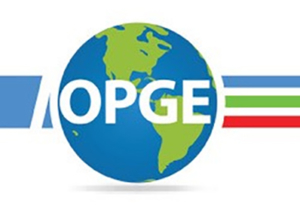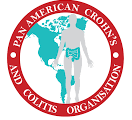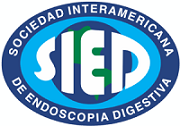Ethics
The ethical standards used by researchers in studies conducted with both animals and humans should be briefly described. Studies with human beings must have the express authorization of the local clinical trials ethics committee, which must be clearly stated in the text. This means that all patients included in the study gave informed consent and that the study protocol complies with the ethical guidelines of the 1975 Helsinki Declaration (1983 Revision). Any article that refers to a randomized, controlled trial must comply with the regulations that can be consulted on the following Internet page: http://www.consort-statement.org Patients must be identified by number, not initials. Especially in the figures, neither names, initials, nor hospital numbers should be included. When describing experiments performed on animals, it should be ensured that all animals were treated humanely in accordance with standards published by any international scientific research council or institution, or any national law on the care and use of laboratory animals. Include the names and locations (city and state or country) of manufacturers whenever drugs, tools, instruments, computer programs, etc. are cited. All of this, in compliance with the following international standards and organizations: Declaration of Helsinki 2013, World Health Organization WHO and The Council for International Organization of Medical Science – CIOMS.
Materials already published previously are not accepted. The authors will be responsible for obtaining authorization for partial reproduction of the materials (text, tables, figures) included in other publications and for accurately citing their origin. Authorization must be requested from both the authors and the publisher of said material.
The statements and opinions expressed in the articles and communications of the Revista de Gastroenterología del Perú are those of the authors and do not necessarily reflect those of the Editorial Committee or the editors, and both the Editorial Committee and the editors decline any responsibility in relation to conflicts. of authorship arising from published texts. Neither the Editorial Committee nor the editors guarantee, justify or defend any of the products or services advertised in the Magazine nor do they guarantee anything stated by the manufacturers of such products or services.
In the event that any ethical offense is detected during the review process or after publication, the necessary measures will be taken based on the recommendations of the Committee in Publication Ethics (COPE).
The Revista de Gastroenterología del Perú (RGP) follows the standards of ethics in scientific experimentation, research and publication, established by the following regulations and their updates:
- The Nuremberg Code on Permissible Medical Experiments (1947);
- The Declaration of Helsinki of the World Medical Association (WMA, 1964, revised in 2013);
- The Consolidated Standards of Reporting Trials Guidelines (CONSORT, 2010) from the British Medical Journal, Lancet and PLoS Medicine;
- The Taipei Declaration on Ethical Considerations of Health Databases and Biobanks, from the WMA (2016);
- The International Ethical Guidelines for Health-Related Research Involving Human Subjects of the Council for International Organizations of Medical Sciences (CIOMS) and the World Health Organization (WHO, 2017);
- Peruvian Law 29733 (Personal Data Protection Law) and its Regulations (Supreme Decree 003-2013-JUS);
- Supreme Decree 021-2017-SA (Peruvian Regulation of Clinical Trials) and its updates.
Therefore, when research is carried out with human beings, uses human biological material or data that can be identified (medical records, biobank samples, etc.), for its publication in the RGP it is essential that the study has been previously approved by a Committee of Research Ethics. They do not require such approval:
- Studies with publicly accessible secondary databases (systematic reviews, meta-analysis, bibliometric studies);
- Public health surveillance interventions;
- Investigation of outbreaks or health emergencies;
- Evaluations of public health programs;
- Educational evaluations programmed within academic curricula.
When describing experiments performed on animals, ensure that all animals were treated humanely, in accordance with standards published by an international scientific research council or institution, or applicable national laws on the care and use of laboratory animals.
The names and locations (city, state, country) of the manufacturers must be included whenever drugs, tools, instruments, computer programs, etc. are mentioned.














 2022
2022 
